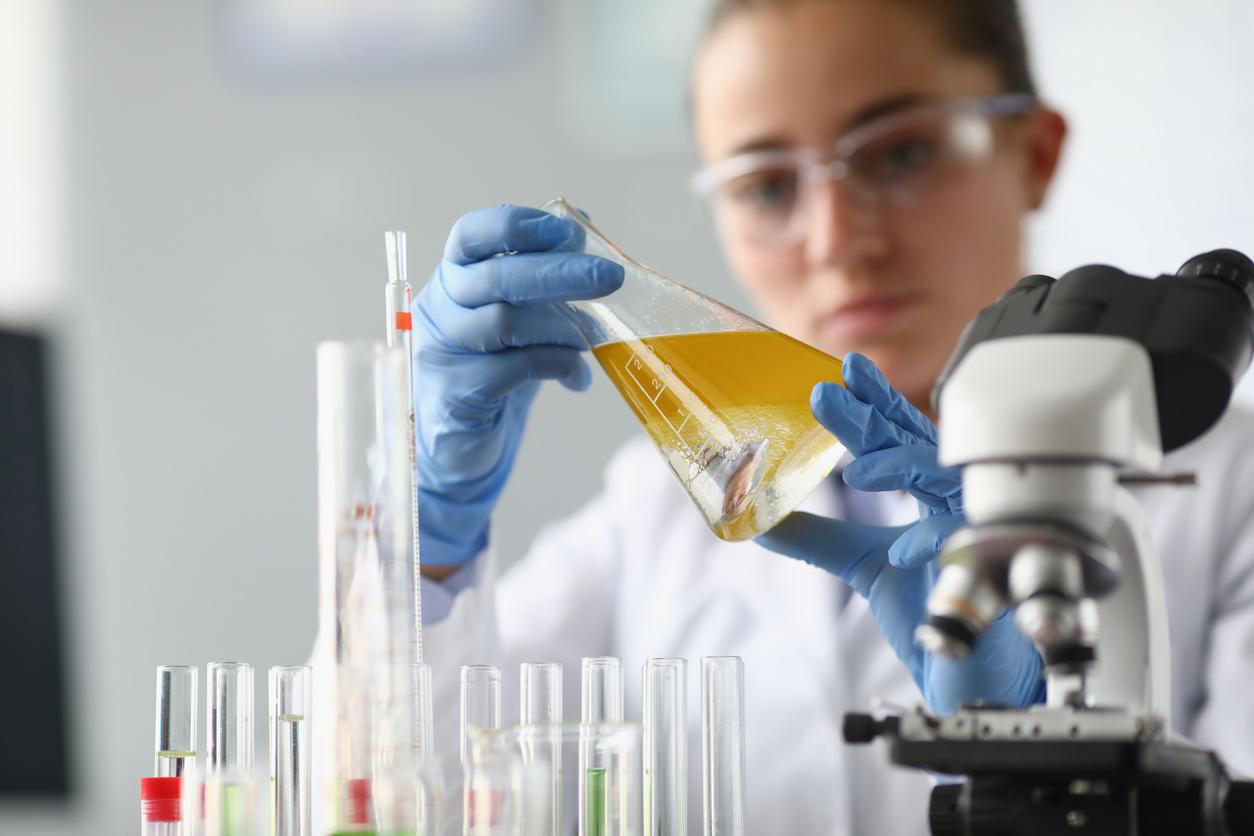In France, breast cancer is the most common cancer in women. It is also the leading cause of cancer death, with nearly 12,000 deaths per year. However, if it is detected early, this cancer is cured in 9 out of 10 cases. Its detection is therefore a major public health issue. This is the reason why since 2004, women aged 50 to 74, without any particular risk factor or apparent symptom, have been invited to participate in the organized breast cancer screening.
Twelve years after the implementation of this screening, the Minister of Social Affairs and Health, Marisol Touraine, has just announced its upcoming renovation. Following the recommendations of the National Cancer Institute (Inca), the Minister announced the forthcoming establishment of a “more personalized course, based on better information for women, better coordinated and more involving the attending physician”. She also announced “100% coverage of additional screening examinations for particularly exposed women”.
When are you “particularly exposed” to breast cancer?
These additional tests will allow regular follow-up of women at high or very high risk. The “high” risk concerns women with a history of breast cancer or certain breast abnormalities. The “very high” risk concerns women with genetic predispositions, in particular familial mutations on the BRCA gene which generally result in the occurrence of many family cancers (mother, sisters, aunts, grandmothers …). Monitoring is then recommended from the age of 20.
100% coverage of screening examinations for these particularly exposed women had already announced last October and should have been implemented in spring 2016.
But it will be necessary to wait until the end of the year so that the modalities of “modernized screening” are finally unveiled.
Read also :
Breast cancer: 7 risk factors to avoid
The number of breast cancer in pregnancy on the rise


















